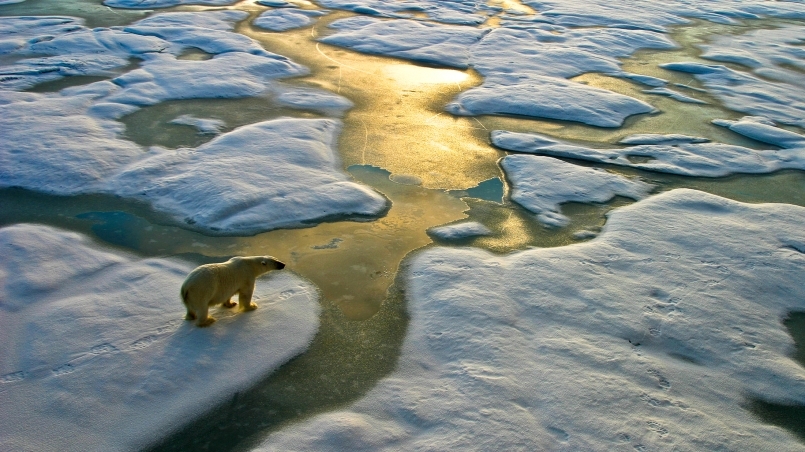UN Climate Change conference (COP27): What’s new?

As part of the Donostia Sustainability Forum, a special conference was held on “Climate Change Summit 2022 (COP27): What’s New” organised by BC3 and UIK on 24 November.
The event, moderated by UPV/EHU professor and BC3 associate researcher Elisa Sainz de Murieta, had the following speaker lineup: BC3 Scientific Director María José Sanz, Spanish Climate Change Office Advisor to the Director of the Ministry for Ecological Transition and Demographic Challenge Teresa Solana, Regions4 Sustainable Development Climate Programme Manager Héloïse Chicou, and CEOE Industry, Energy, Environment and Climate Department Director Cristina Rivero.
Over an hour, over 80 participants had the opportunity to analyse the results of COP27 from an academic, public and business perspective, where it was highlighted that “Africa’s COP” has been key in addressing adaptation to climate change and taking the first steps in the work agenda that was signed at COP26 in Glasgow.
During her talk, María José Sanz stressed that “adaptation has to be local and that all actors have to work on it,” from local institutions to international actors. Besides, she underlined the key role played by the African continent in the creation of new adaptation policies, as it is the region where the effects of climate change are most visible. She also highlighted the importance of progress in the work program to define the Global Adaptation Goal.
Teresa Solana highlighted the agreement to create the Loss and Damage Fund as one of the great achievements of the conference, as it had been a historic demand of the most vulnerable countries to climate change.
Another key message delivered during the event was from Héloïse Chicou on the importance of regions and local governments in addressing climate change, as well as in the creation and assessment of future adaptation policies.
Finally, Cristina Rivero spoke about the secondary role that the private sector has played in previous COPs, and the change that has taken place at COP27 as a result of the creation of new initiatives and alliances that promote the involvement of this sector in mitigating and adapting to climate change.
The different speakers agreed that although COP27 was not a conference of historic decisions, it did help to evaluate processes, strengthen the bases for the negotiations of the future COP28 to be effective and for all actors to work together to achieve a climate change adaptation that follows a bottom-up approach, that is fair and effective, and that takes into account the most affected regions.
